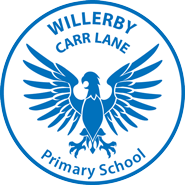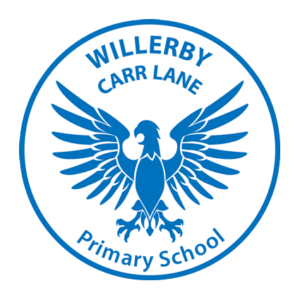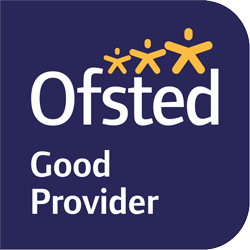WCLPS Curriculum – PSHE
At Willerby Carr Lane we dream big; we believe we can; we achieve excellence. To do this, we place our children’s emotional, spiritual, moral, social and cultural development at the heart of our school’s curriculum, ethos and culture.
We aim to develop the positive self-esteem and confidence of all our pupils and recognise the importance of good physical health and mental wellbeing. Our personal, social, health and economic (PSHE) education helps all pupils develop the skills and understanding they need to live confident, healthy and independent lives.
We incorporate a wide range of resources and external organisations to compliment the PSHE Jigsaw scheme of work which we follow.
Using lessons and resources designed by The Bank of England, we equip the children with a deep understanding of financial literacy. We also have assemblies from the NSPCC and Humberside Fire and Rescue as well as regular visits and workshops from the school nurse.
Other important aspects of our PSHE include our School Council, Class Councils and Mental Health Ambassadors. These help to ensure all our children have a voice.
Download our policies:
Our PSHE and RSE policies have been developed and reviewed in consultation with parents in order to ensure that they meet the needs of pupils and parents and reflect the community we serve.
Download our curriculum long term plan:
Additional resources:
Every Jigsaw lesson includes mindfulness practice. Mindfulness is being able to observe your own thoughts and feelings as they happen, in the present moment, applying no judgement. Jigsaw teaches children to understand their thoughts and feelings using the Calm Me time exercises (using the Jigsaw Chime). Below is a link to an example of a ‘Calm Me’ audio exercise. It is intended to be listened to with another member of the family (in family pairs).




